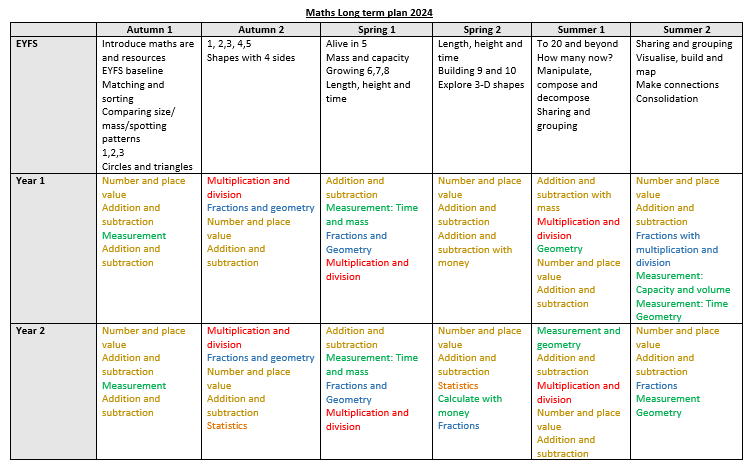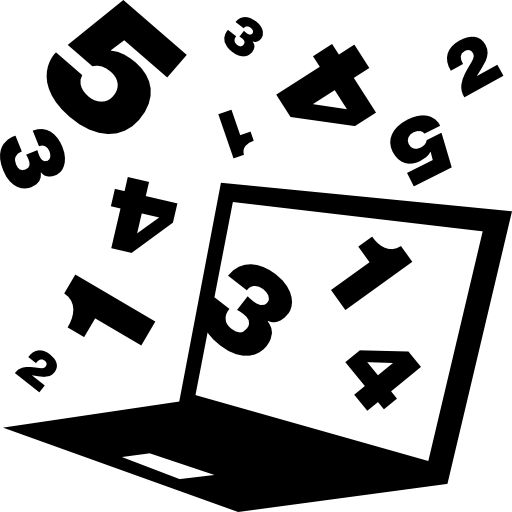Mathematics
Maths at Petersgate is an exciting journey achieved through exploration, practice and application over time from Early Years to Year 2. We aim to create independent, motivated mathematicians who are well equipped to apply their learning to the wider world.



We aspire for all children:
- To become fluent in the fundamentals of maths by recalling and applying knowledge accurately
- To develop the ability to reason mathematically by following a line of enquiry, conjecturing relationships and generalisations, and developing an argument, justification or proof using mathematical language
- To solve a variety of problems by being resilient in seeking solutions.
Year R
There are six main areas that collectively underpin children’s early mathematical learning, and which provide the firm foundations for the maths that children will encounter as they progress through primary school. They are:
- Cardinality and Counting: understanding that the cardinal value of a number refers to the quantity, or ‘howmanyness’ of things it represents
- Comparison: understanding that comparing numbers involves knowing which numbers are worth more or less than each other
- Composition: understanding that one number can be made up from (composed from) two or more smaller numbers
- Pattern: looking for and finding patterns helps children notice and understand mathematical relationships
- Shape and Space: understanding what happens when shapes move, or combine with other shapes, helps develop wider mathematical thinking
- Measures: comparing different aspects such as length, weight and volume, as a preliminary to using units to compare later.

Year 1 & 2
We follow the Hampshire Model of mathematics in Key Stage 1, to ensure continuity and progression.
The domains (Number and Place Value, Addition and Subtraction, Multiplication and Division, Fractions, Geometry including shape, position and direction, Measurement including Time, Money and Statistics are taught in three milestones across Years 1 and 2.- Milestone 1 from September to November.
- Milestone 2 from November to January.
- Milestone 3 February to April.
The summer term revisits and consolidates previous taught domains to ensure all children have the best opportunity to achieve Age Related Expectation, (ARE).
Children are taught through whole class and small groups. Formative assessment takes place during the lesson and is used to inform a child’s ‘Next Steps’ and any consolidation that is needed in learning. Children’s learning is recorded electronically, usually with a photograph, and explanation of the learning which is then uploaded onto Seesaw for parents and carers to see, and comment on if they wish to do so.
Seesaw can be used at home for parents and carers to share with class teachers what children have been learning at home too.


Useful Links
ICT games
www.ictgames.com
Topmarks
www.topmarks.co.uk
Bite size
www.bbc.co.uk/bitesize
www.bbc.co.uk/cbeebies/shows/numberblocks
Numbots
https://numbots.com/
